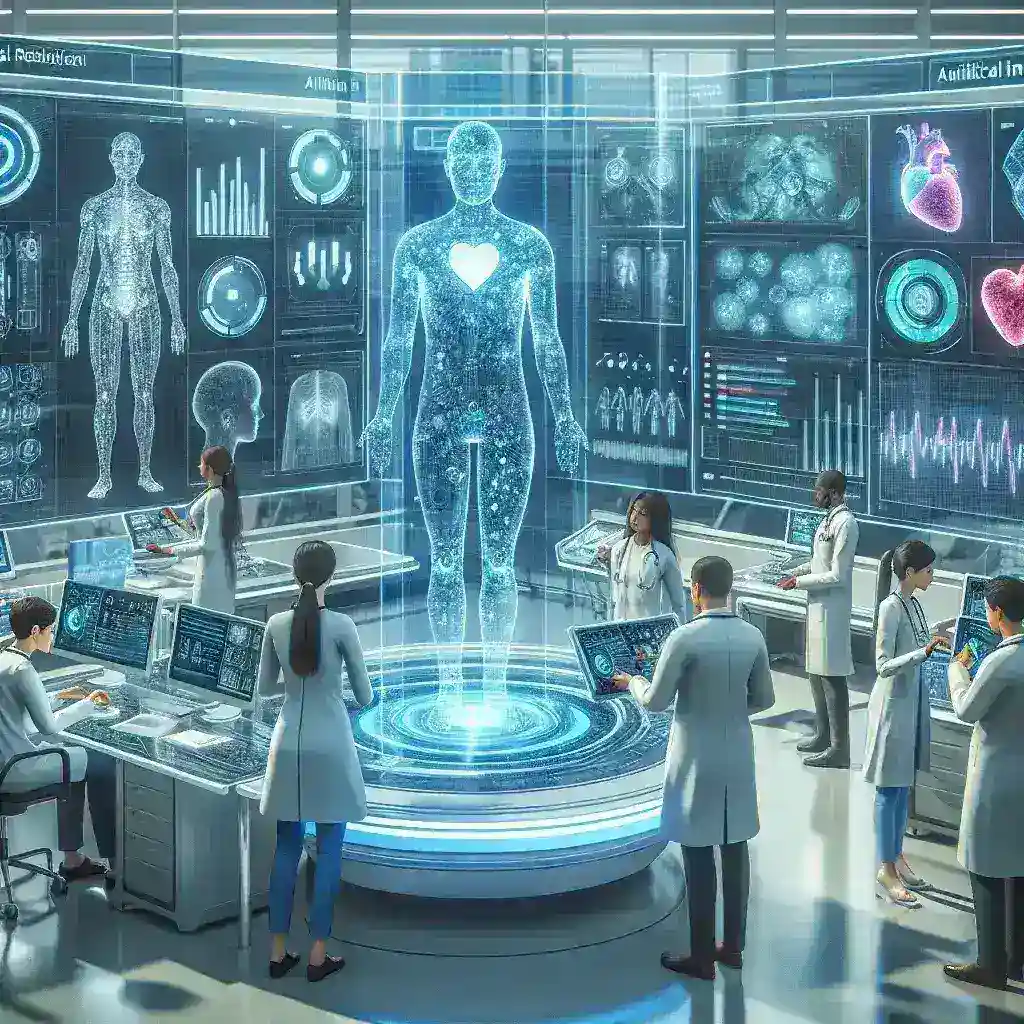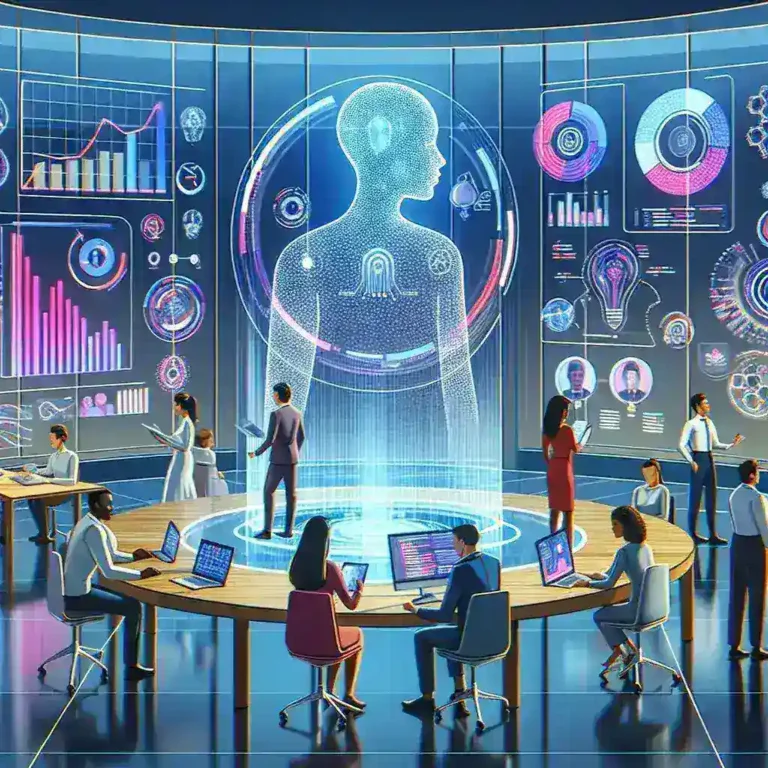The integration of Artificial Intelligence (AI) into healthcare research is not just a possibility; it is an impending revolution set to transform the industry. As AI technologies evolve, their potential to influence various aspects of healthcare research grows exponentially, promising game-changing improvements in patient outcomes, operational efficiencies, and research methodologies.
Understanding AI in Healthcare Research
Artificial Intelligence refers to the simulation of human intelligence processes by machines, especially computer systems. These processes include learning, reasoning, and self-correction. In healthcare research, AI can be utilized in numerous ways, from drug discovery to predictive analytics, radically transforming how we approach medical research.
Drug Discovery and Development
One of the most promising areas where AI is making significant strides is in drug discovery and development. Traditional methods of drug discovery are time-consuming and resource-intensive. AI algorithms can analyze vast datasets to identify potential drug candidates more quickly and accurately. This leads to a shorter timeline for bringing new drugs to market, potentially saving lives sooner.
Predictive Analytics
Predictive analytics is another area where AI excels. By analyzing historical data, AI models can predict future health outcomes, allowing for early intervention and better patient management. For instance, predictive analytics can help in predicting disease outbreaks, understanding patient readmission rates, and even in identifying patients at risk of chronic diseases.
The Benefits of AI in Healthcare Research
- Increased Efficiency: AI can process vast amounts of data at a speed that no human can match. This increased efficiency can significantly accelerate the pace of research.
- Enhanced Accuracy: AI algorithms can identify patterns and correlations that may be overlooked by human researchers, leading to more accurate results.
- Cost Reduction: By automating routine tasks, AI can reduce the overall cost of research and development.
- Personalized Medicine: AI enables the development of personalized treatment plans by analyzing individual patient data, leading to better patient outcomes.
- Improved Patient Care: By predicting potential health issues before they arise, AI can help in proactive patient management, thereby improving overall patient care.
Challenges in Integrating AI into Healthcare Research
Data Privacy and Security
One of the most significant challenges is ensuring data privacy and security. Healthcare data is highly sensitive, and any breach can have severe consequences. Ensuring robust data security measures while maintaining the usability of data for AI applications is crucial.
Regulatory Hurdles
The healthcare industry is highly regulated, and integrating new technologies like AI requires navigating complex regulatory landscapes. This can slow down the adoption of AI technologies in healthcare research.
Ethical Considerations
Ethical considerations, such as bias in AI algorithms and the potential for misuse of AI technologies, are other critical challenges. Ensuring that AI applications are fair, transparent, and used ethically is essential for the responsible deployment of AI in healthcare research.
The Future of AI in Healthcare Research
The future of AI in healthcare research is incredibly promising. As AI technologies continue to advance, we can expect even more innovative applications that will further enhance healthcare research.
AI and Genomics
The field of genomics stands to benefit immensely from AI. AI algorithms can analyze genetic data to identify mutations and understand their implications for health and disease. This can lead to breakthroughs in genetic therapies and personalized medicine.
AI-Driven Clinical Trials
Traditional clinical trials can be lengthy and expensive. AI can streamline this process by identifying suitable candidates, optimizing trial protocols, and analyzing results more quickly and accurately. This can significantly reduce the time and cost associated with bringing new treatments to market.
Remote Monitoring and Telemedicine
AI-powered remote monitoring and telemedicine are set to transform patient care. By utilizing AI algorithms to analyze data from wearable devices, healthcare providers can monitor patients in real-time, providing timely interventions and improving patient outcomes.
Conclusion
The future of AI in enhancing healthcare research is bright, with endless possibilities for innovation and improvement. While there are challenges to overcome, the benefits far outweigh the drawbacks. As we continue to integrate AI technologies into healthcare research, we can look forward to a future where medical breakthroughs are achieved more rapidly, treatments are more personalized, and patient care is significantly improved.



